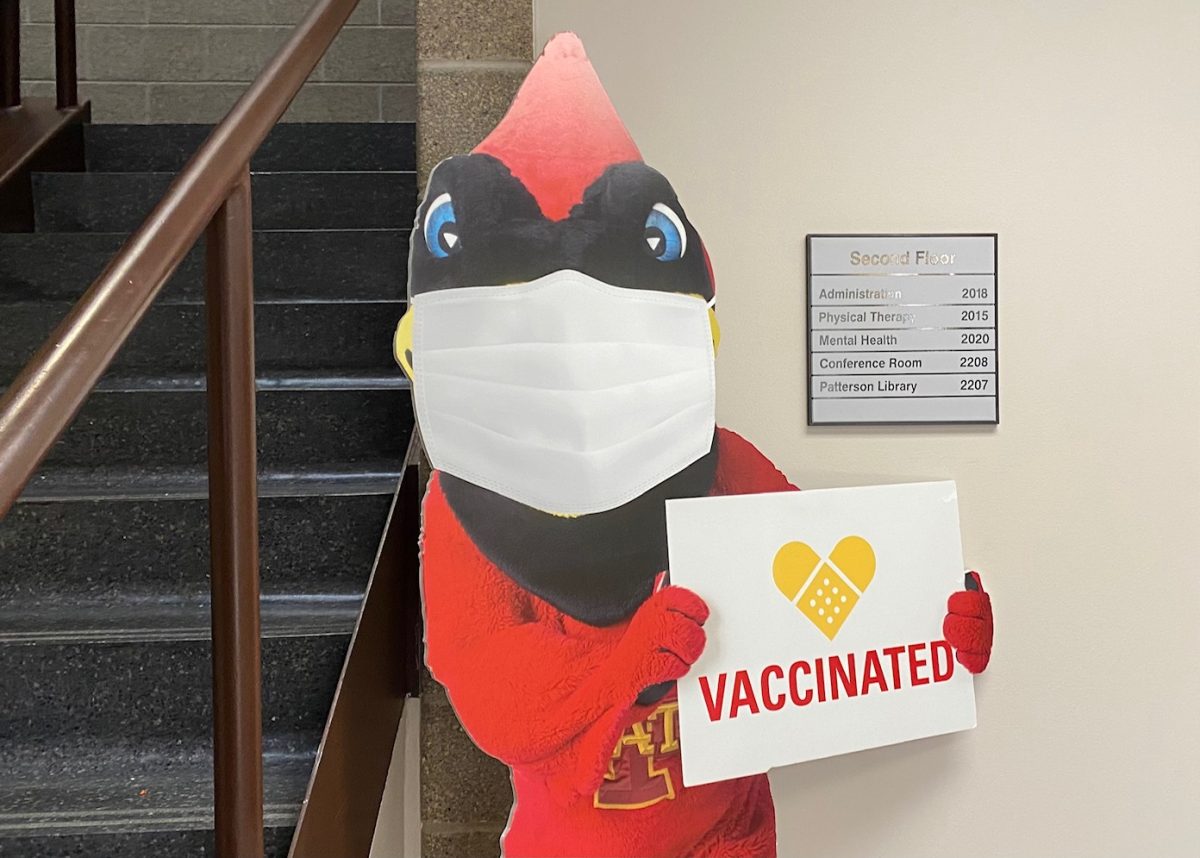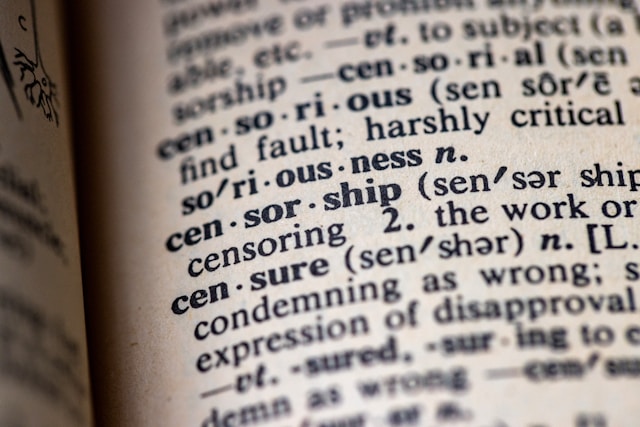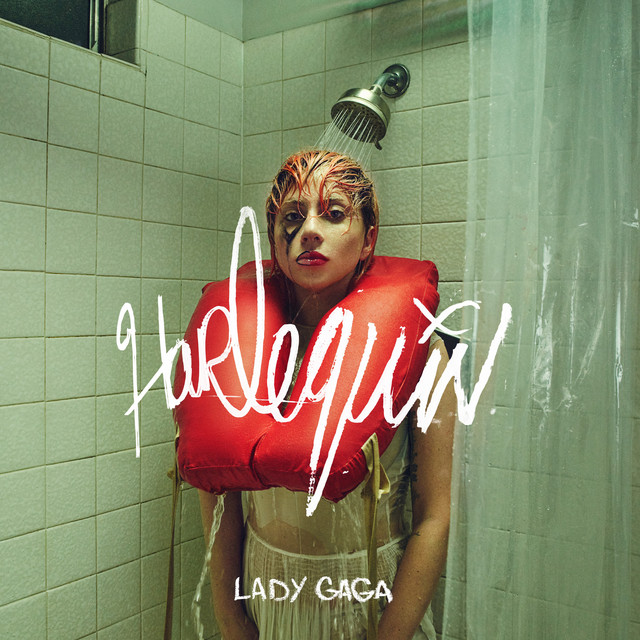Eat your veggies
September 24, 1998
This letter is in response to Amy Hillman’s article “Meat-eaters beware.” I think a few things should be cleared up before anyone decides that the “vegetarian philosophy” is not a worthy one.
First of all, I don’t consider myself an extremist just because I don’t eat meat. Now, those guys on the Mountain Dew commercials — they’re extremists. Vegetarianism is actually pretty normal; some might even consider it a positive thing.
We could start with all the positive effects that is has on health. The leading cause of death in the United States is heart disease, which we all know is caused by saturated fat and cholesterol, both of whose leading sources are meat, dairy products and eggs. Also, women who consume meat are 3.8 times more likely to have breast cancer. Oh, yes, there’s more. Excess animal protein consumption has been linked to osteoporosis and kidney disease. None of these problems are ones that I personally want to have to deal with.
It really bothers me that keeping animals in a cage too small for them to even turn around in is considered humane. Oh, that’s right, they’re clean, so that makes them okay. I know that if I had a choice between a dirty Dodge Viper and a sparkling Yugo that didn’t run, I probably wouldn’t opt to push my clean car home. Those animals have to live their entire lives in there.
A valid point was made about the pesticides. They are bad for the soil. They’re bad for the water, too. Unfortunately, that’s just something we have to deal with if we want to produce 500 acres of corn, according to the author. Well, we probably wouldn’t have to grow that much corn if we didn’t eat so much meat, since 80 percent of grown corn goes to livestock. And this wouldn’t be such a bad deal if it didn’t take 16 pounds of corn to produce one pound of beef. That’s just not sustainable.
Another problem is water contamination from fertilizer run-off. This is a very real problem. A big issue right now is the pollution caused by the fertilizers that are in the Mississippi River. There is an area the size of New Jersey in the Gulf of Mexico that has absolutely no life in it. No animals can live in it due to the lack of oxygen in the water caused by farms in Minnesota, Iowa, Illinois, etc. That’s nothing to be proud of. I’m not saying all fertilizers are bad, but we don’t need to use nearly as many. The Navajos and Hopis have been growing crops without fertilizers for some time now in the deserts of the Southwest, and they don’t have that much water, either.
Hillman’s theory on this issue is
probably the most ignorant one I’ve heard yet. She stated that if “we quit using pesticides and fertilizers we would create food shortages,” and “vegetarians and vegans would die ’cause God knows they wouldn’t eat meat to survive.” Now that’s a nonsensical argument if I have ever heard one. I’m sure that if we were having food shortages, we wouldn’t still be feeding our crops to livestock in order to produce that meat.
I’ll agree that we are animals, and it’s natural for us to eat other animals, but only if it is done naturally. Hunting is a perfectly normal way to get food. The animal gets to live a normal life and no chemicals are put into the water or soil.
One more thing — I’ve seen plenty of farms. I’ve even spent some of my summers as a child on a farm in Poland. As far as I can see, there is no reason for people to eat meat other than the taste. And I’m living proof of that. People don’t just give up an entire food group for no reason.
Sylvia Wlodarski
Junior
Animal ecology






